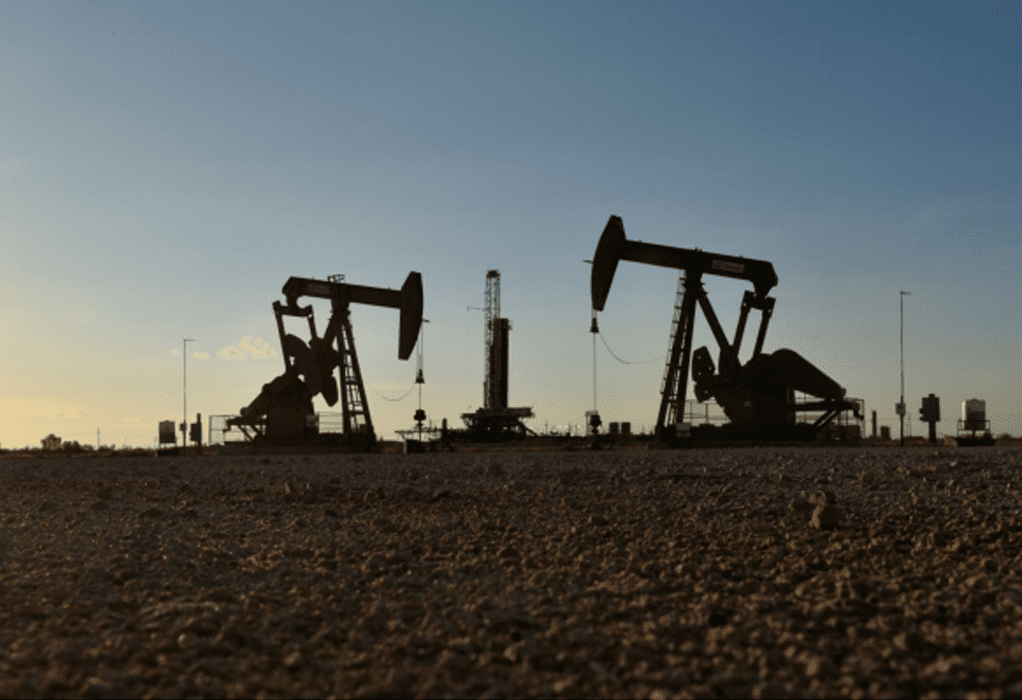The United Arab Emirates (UAE) aims to capture 25 per cent of the global hydrogen fuel market by 2030, state news agency WAM reported.
The major oil producer also said that it was implementing more than seven ambitious hydrogen projects, targeting main export markets including Japan, South Korea, Germany and India, in addition to other markets in Europe and East Asia.
The UAE is hoping to lead the world in producing clean hydrogen while providing competitive advantages for blue and green hydrogen, including abundant and competitive hydrocarbons, and building large-scale hydrogen and ammonia production facilities.
The UAE also plans to provide the world’s most competitive pricing in solar PV and large-scale carbon capture and storage capabilities.
Abu Dhabi National Oil Company (ADNOC) produces more than 300,000 tons per year of hydrogen, and plans to increase its production to 500,000 tons per year.
The roadmap to achieving hydrogen leadership was announced during the World Summit Climate Change Conference “COP26” in Glasgow.
The roadmap to achieving leadership in the field of hydrogen includes three main objectives, namely open new sources of value creation by exporting low-carbon hydrogen and its derivatives and products to the main import areas.
The UAE also aims to enhance opportunities for new hydrogen derivatives through low-carbon steel and sustainable kerosene, in addition to other priority industries. which contribute to achieving climate neutrality by 2050.
Source: Arab News
Tags: Hydrgen fuel, UAE



Recent Posts
TSUNEISHI Launches World’s First Methanol Dual-Fuel KAMSARMAX Bulk Carrier in the Philippines
Grimaldi Group Launches Ammonia-Ready Car Carrier Grande Shanghai in China
Incat Tasmania to Build Two Battery-Electric Ferries for Denmark’s Molslinjen
YamnaCo Signs MoU with Andhra Pradesh to Develop Large-Scale Green Hydrogen and Ammonia Project
WNTI and NEMO Sign MoU to Advance Nuclear-Powered Shipping and Mobile Nuclear Energy Solutions
TotalEnergies and CMA CGM Form Joint Venture for LNG Bunkering Operations in Rotterdam
Keel laid for Bibby Marine’s first zero-emission eCSOV
New Report Highlights Potential of Voluntary Insetting to Support Maritime Decarbonisation, Calls for Robust Safeguards